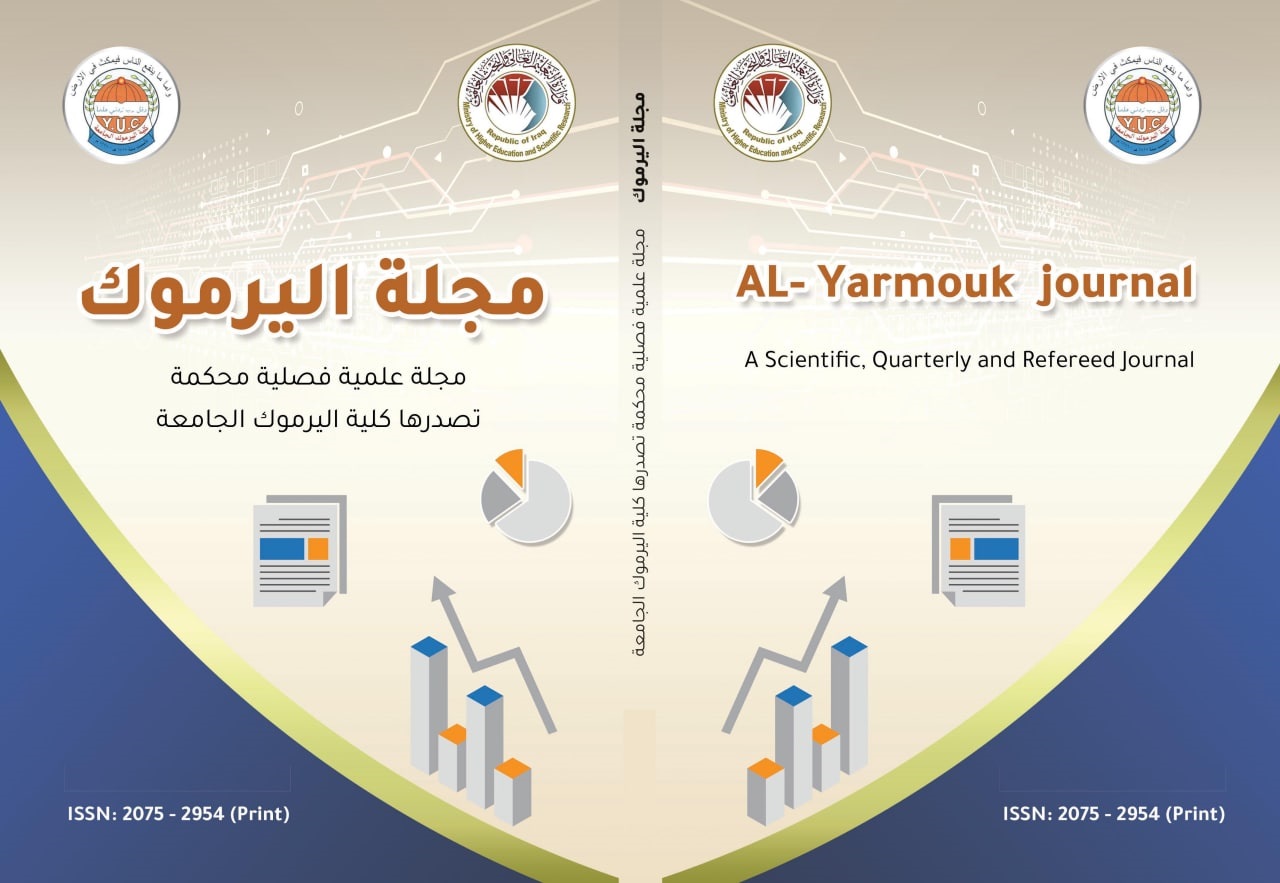دور القانون الدولي في تمكين المرأة وضمان حقوقها
الملخص
يركز البحث على أهمية حقوق المرأة، ودور القانون الدولي في ضمان حمايتها، وبيان كيفية قدرته على إشاعة الاستقرار الاجتماعي بتمكين المرأة، بعد أن أزادت مكانة المرأة في حرف مسار حراك النزاع بتحفيز تقاربات النوع الاجتماعي لحل النزاعات الجندرية كاستجابة لبناء الأمن الإنساني.وسيجيب البحث عن التساؤل الأساسي الآتي: هل تحمل القانون الدولي مسؤوليته في حماية المرأة في المجتمع الدولي؟ مسلطاً الأضواء على الإشكالية الدائرة فيما يتعلق: كيفية حماية المرأة في ظل هيمنة النزاع والعنف الجندري وشيوع ظاهرة المجتمعات الذكورية ؟ولحل تلك الإشكالية تطلب تبني الفرضية الآتية:((كلما تحمل القانون الدولي المسؤولية في حماية المرأة ، ازدادت حقوق الإنسان ضماناً؛ وانحسر النزاع والعنف الجندري، وكلما كان التوازن في أدوار النوع الاجتماعي اكثر شيوعاً، شاع الاستقرار في المجتمع الدولي ))، وحلاً للإشكالية واثباتاً للفرضية، وتحقيقاً لمتطلبات البحث، استخدمنا المنهجان القانوني والوصفي، الأول: يركز على مركز المرأة في الوثائق والقوانين والشرعة الدولية، والثاني: يركز على وصف التجارب الجندرية التي يثيرها موضوع البحث، والتطرق إلى اهم آليات تمكين المرأة.
The research focuses on the importance of women’s rights, the
role of international law in ensuring their protection, and how they
can promote social stability by empowering women, as women have
increased the profile of conflict mobility by stimulating gender conflicts
to resolve gender conflicts in response to building human security.
The search for the basic question will answer: Does international
law have the responsibility to protect women in the international
community? Highlighting the problematic aspects of how to protect
women in the context of the dominance of conflict, gender violence
and the phenomenon of male societies.
To solve this problem, the following hypothesis is required:
(>Whenever international law bears the responsibility to protect
women, human rights have been increased; gender conflict and
violence have been reduced, and gender balance is more common,
stability prevails in the international community<), In order to achieve
the research requirements, we used legal and descriptive approaches.
The first focuses on the status of women in international documents
and laws and the second: focuses on describing the gender experiences
raised by the subject of research and addressing the most important
mechanisms for empowering women.
Keywords (International Public Law, International Law, Women,
Protection, Social Roles, Gender, Empowerment, Human Security).





